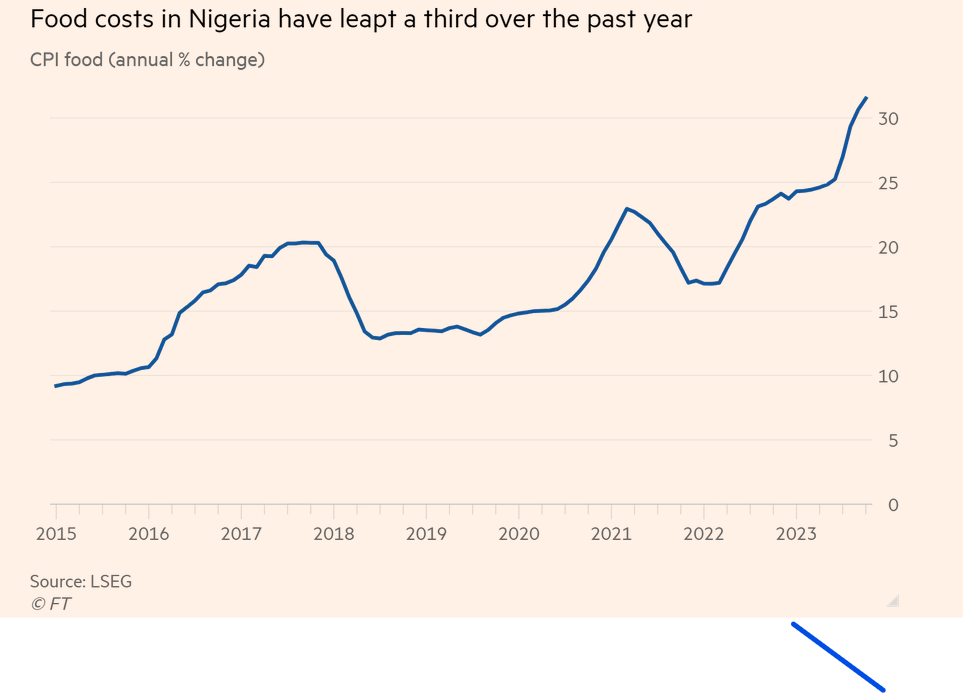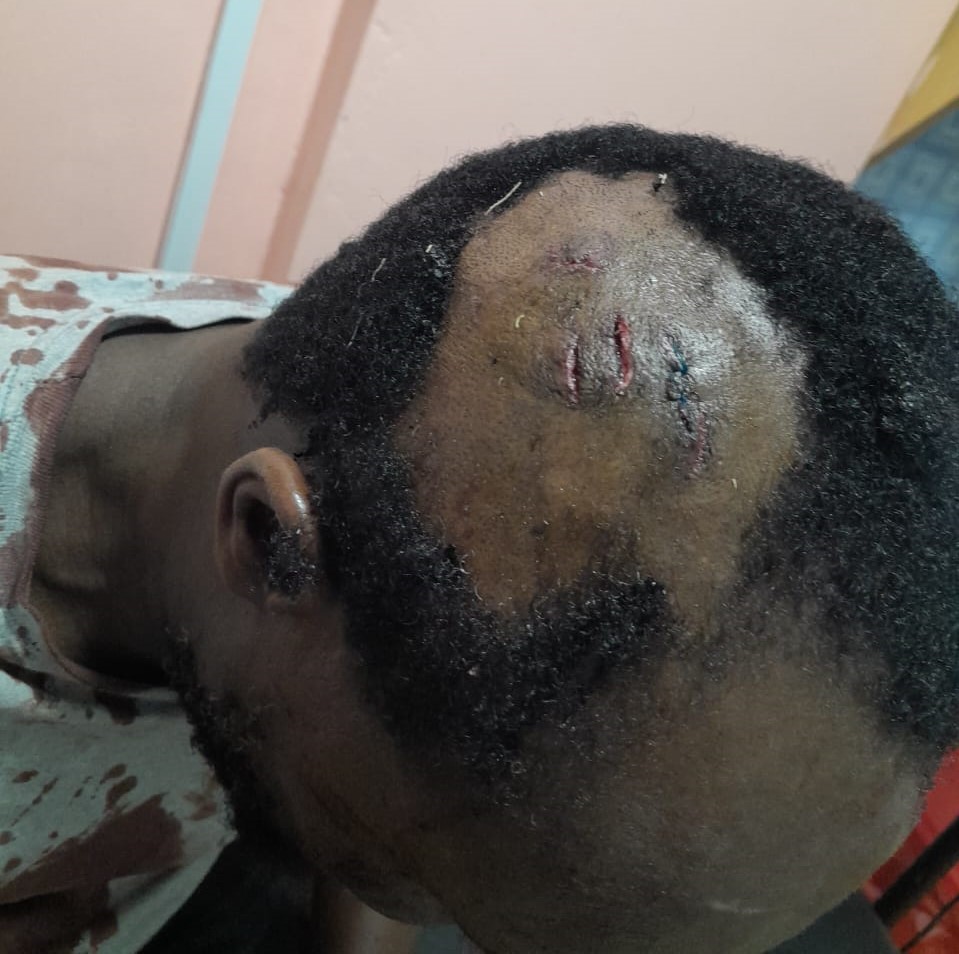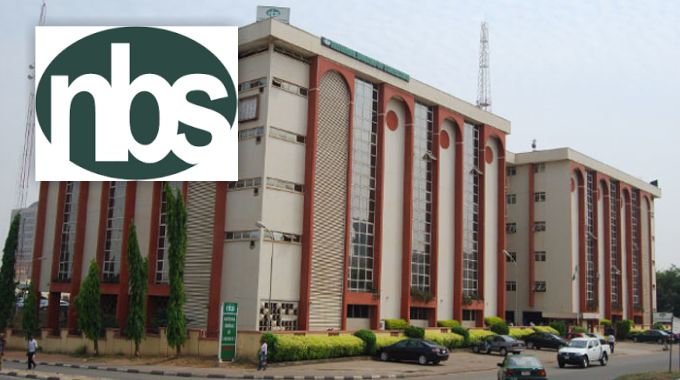 Nigerians are turning to expensive emergency loans to cover the cost of essentials, as the country’s economic woes push more people into poverty and fears grow of a consumer debt crisis.
Nigerians are turning to expensive emergency loans to cover the cost of essentials, as the country’s economic woes push more people into poverty and fears grow of a consumer debt crisis.
High inflation and a controversial austerity drive by the government have weighed down on Nigerians’ incomes at a time when payday loan providers have become ubiquitous.
“You become enslaved,” said Samuel, the owner of a small dry cleaning company in Lagos who declined to give his surname because of the stigma attached to borrowing in Nigeria. At one point he owed money to four different fintechs at interest rates as high as 40 per cent and was paying back one loan with credit from another.
The tripling of the cost of petrol since May, following President Bola Tinubu’s removal of $10bn-worth of fuel subsidies, had meant he had “no choice but to borrow”, he said.
Recent inflation data highlighted the pressures facing ordinary Nigerians. Food prices are 31.5 per cent higher than they were last year. Bus fares in Nigerian cities have on average risen 117 per cent year on year, according to the most recent data from the statistics agency.
The depreciation of the naira has also driven up costs in the import-dependent economy, contributing to an overall rise in consumer prices of 27.3 per cent in the year to October — the country’s highest inflation level for two decades.
The World Bank said this year that “entrenched inflation” had driven an additional 4mn Nigerians into poverty. Some 63 per cent, or about 133mn people, were already “multidimensionally poor”, according to government statistics, creating fertile conditions for lenders to capitalise on.
The country now has almost 200 licensed online lenders, according to Nigeria’s Federal Competition and Consumer Protection Commission, with more believed to be operating illegally.
The apps of market leaders OKash and Palmcredit have more than 5mn downloads.




